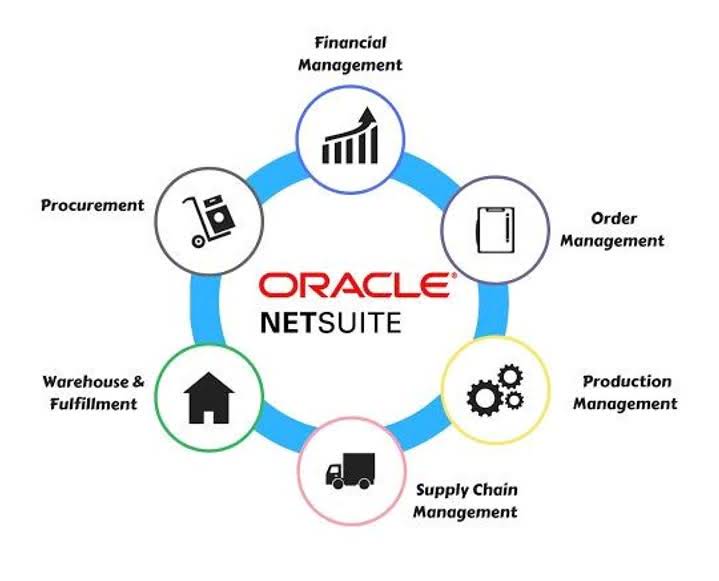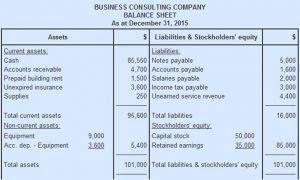
We recommend that you review the privacy policy of the site you are entering. SoFi does not guarantee or endorse the products, information or recommendations provided in any third party website. Wire transfers and ACH are very different services, despite sounding quite similar.
Benefits of Electronic Transfers

Understanding the nuances between wire transfers and electronic transfers is vital for any business owner or individual navigating digital transactions. Domestic wire transfers can often be completed within a business day, while international wire transfers typically take a bit longer, generally between one to five business days. Advancements in technology have revolutionized the way we manage our finances, offering innovative solutions for transferring funds securely and efficiently.

Security Measures in Electronic Transfers

A wire transfer is an EFT method that moves money directly and securely from one financial institution to another. Electronic funds transfers (EFTs), or EFT payments, facilitate the transfer of money from one bank account directly to another without any physical currency exchange. Blockchain technology, in particular, holds the potential to revolutionize the way funds are transferred by providing a secure and transparent ledger for transactions. Instant payment systems are also gaining popularity, allowing for real-time transfers between accounts without delays.

Fees
Moreover, many banks and financial institutions offer incentives for using electronic transfers, such as waiving fees for online bill payments or direct deposits. This can eft vs wire transfer result in additional savings for individuals and businesses conducting frequent transactions. Because wire transfers are individual transactions, they are processed much faster than ACH payments, where payment may be held up until enough funds are received by the bank to form a batch transfer. A domestic wire transfer can be sent and received within the same business day, making it appropriate for situations that require an urgent transfer of funds. Likewise, international wire transfers or remittances ensure fast delivery of money to overseas accounts, usually within 1-2 business days.

Wire transfers and transfers via the Automated Clearing House (ACH) are both ways to move money from one place to another. However, there are some key differences between them that make one a better choice than the other, depending on how quickly you need the money to get there and if you mind paying a fee. ACH payments are built into many electronic payment service providers, including Square, Plaid and Stripe. In countries like Vietnam and Thailand, money can be sent through online money transfer services and delivered to the beneficiary’s home address in cash.
EFTs vs. Wire Transfers: Which Is Better?
Emerging trends such as blockchain-based transfers, instant payments, and biometric authentication are shaping the future of financial transactions. A card reader at the checkout allows account holders to make purchases in-store using a card attached to a specific bank account. The steps involved in the credit card transaction process are designed to keep merchants and consumers safe. As the financial landscape continues to evolve, staying informed about these payment methods will help you navigate your financial transactions with confidence and ease. Prevention through accurate details and verification is key to avoiding complications with wire transfers. An EFT often requires a personal identification number (PIN), password or two-factor authentication before you can start.
For domestic transfers, credit unions and banks offer both options, with EFTs often being integrated into the banking system for seamless transfers across various accounts. Wire transfers may be justified for immediate transfer needs or cross-border payments despite their costs. EFTs operate through a sophisticated electronic network, which allows financial institutions like banks and credit unions to communicate and transfer funds to each other. Considering these disadvantages, it is important to assess your individual needs and circumstances to determine if electronic transfers are the most suitable method for your specific transaction. It may be beneficial to weigh the advantages and disadvantages against alternative payment methods to make an informed decision. Embrace the flexibility of accepting credit cards at no cost through our surcharge program, and enjoy low fees for debit card transactions.
What Is An Electronic Deposit
- EFTs include many electronic payments, including direct payments like salary deposits, tax refunds, and ATM transactions.
- By considering the factors outlined in this guide, you can choose the method that best suits your financial transaction needs, ensuring that your money is transferred securely and efficiently.
- Just check out this article on the difference between wire transfer and electronic transfer to make an informed decision.
- Likewise, international wire transfers or remittances ensure fast delivery of money to overseas accounts, usually within 1-2 business days.
Electronic funds transfers are financial transactions processed automatically through an electronic payment system. The choice between ACH and electronic transfers generally depends on the need for speed, the size of the transaction, cost considerations, and the frequency of payments. Banks usually charge a fee for wire transfers, which can be as much as $50 per transfer. The balance sheet transfer can take several days to complete if there are delays in the banking system. Thirdly, wire transfers require the sender to have the recipient’s bank account details. If the sender does not have this information, it can be difficult to carry out the transfer.
Bank Secrecy Act, financial institutions must report wire transfers over $10,000 to the Financial Crimes Enforcement Network (FinCEN). This thorough documentation ensures transparency while requiring meticulous record-keeping by both senders and financial institutions. Businesses needing to meet tight deadlines, such as payroll or invoice payments, often https://www.bookstime.com/ choose wire transfers despite higher fees, prioritizing speed.
